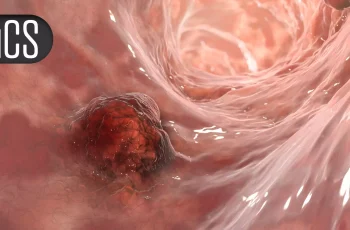In a significant move impacting public health, the White House budget office has temporarily halted all federal grants and loans, sparking concern among researchers and health organizations reliant on this funding. While the National Institutes of Health (NIH) assures scientists that clinical trials will continue, communication about ongoing research may be restricted, potentially hindering progress in critical medical areas.

At the U.S. Agency for International Development (USAID), tumultuous changes are underway, with senior officials overseeing global health aid placed on paid leave. This reflects resistance to then-President Donald Trump’s policies, highlighting a growing divide between administration directives and agency operations. Such leadership shifts can significantly affect global health initiatives, influencing programs vital to vulnerable populations abroad.
The nomination hearings for Robert F. Kennedy Jr. as head of the Department of Health and Human Services (HHS) are expected to be contentious. His controversial views on health regulations, including proposals to seize drug patents, promise heated debate among lawmakers and health professionals. Criticism from major media outlets like the Wall Street Journal complicates his candidacy, suggesting challenges ahead for both policy within HHS and public trust in health governance.
As the nation battles resurgent health issues, heart disease remains a leading cause of death, worsened by increasing obesity and hypertension rates. An Adderall shortage, critical for treating ADHD, forces parents to seek alternatives amid high demand and low supply, underscoring urgent needs for healthcare reform.
Globally, the emergence of H5N9 avian influenza in California heightens the call for vigilant public health strategies. Experts warn of its potential spread through environmental contamination, stressing the need for robust surveillance and preventive measures.
Politically, Trump’s conditional remarks on re-engaging with the World Health Organization reflect broader hesitance towards international health cooperation, crucial for tackling interconnected global health challenges.
On a personal level, the story of a cancer patient facing sudden amputation highlights the human impact often overshadowed by policy debates, emphasizing the necessity for compassionate care amidst bureaucratic hurdles.
Overall, American public health is shaped by complex policy decisions, administrative shifts, and pressing health challenges, necessitating concerted efforts for improvement and reform.




